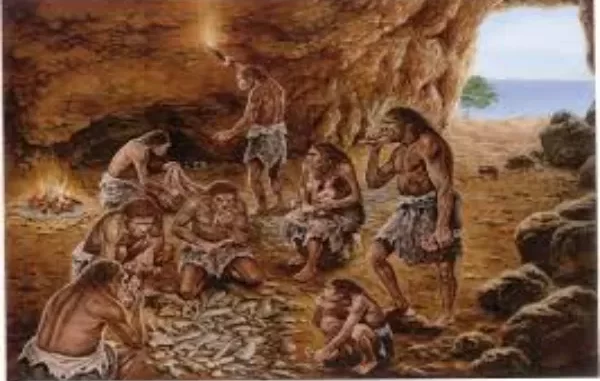
The Impact of Time Travel on Human History
Time travel has been a popular topic of scientific exploration and literary exploration for centuries. It has also been of great interest to historians who wonder how it might affect the course of human history. This paper will explore the possible impacts of time travel on human history, including the potential implications for politics, economics, and culture.
Time travel presents an unprecedented opportunity to alter the past, which could have far-reaching consequences on the present and future. Politically, time travel could enable historical figures to make different decisions, which would have a ripple effect on the current world order. Changes in how political decisions are made could lead to new alliances, different wars, and even the emergence of new nations. Economically, time travelers could influence the development of technology, as well as the stock market and other financial markets. This could lead to major changes in the global economy, such as the creation of new industries, the collapse of existing ones, and the emergence of new economic systems.
Culturally, time travel could also have an impact. The introduction of new ideas and technologies from the past could lead to a whole new level of creativity and innovation. It could also lead to the emergence of new religions, philosophies, and cultural practices. Time travel could also potentially lead to the emergence of new art forms, such as music, literature, and film.
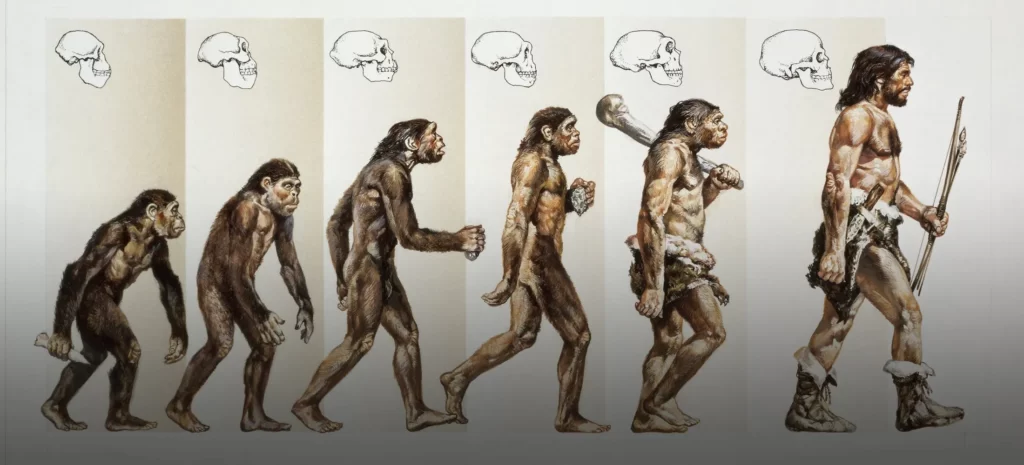
Ultimately, it is impossible to predict the exact implications of time travel on human history. However, it is clear that it could have far-reaching consequences, both positive and negative. It is therefore essential that we carefully consider the implications of time travel before attempting to use it to alter the course of history.
Rewriting the Past: How Time Travel Could Change Human History
Time travel has long been considered a fiction, but with the advancements of science and technology, it has become increasingly more plausible. If humans were able to travel through time, the potential changes that could be made to the course of history are vast and far-reaching.
Time travel has the potential to be both a boon and a bane, depending on the intention of the traveler. It could be used to save lives, by preventing disasters or stopping wars. It could also be used to alter the course of history, by influencing political and social events. For example, a time traveler could go back in time and prevent the assassination of a president or the start of a war, thus changing the entire course of human history.
On the other hand, time travel could carry with it unforeseen consequences that could have disastrous results. For example, if a time traveler altered an event in the past, it could have a ripple effect, leading to a drastically different present. The consequences of such an event could be catastrophic, and would be difficult to predict or control.
In addition, time travel could open up the possibility of introducing new technologies or ideas into the past, thus altering the course of human history. For example, a time traveler could introduce modern medical knowledge into the past, potentially saving lives and drastically improving public health. However, this could also lead to unforeseen consequences, such as a disruption of the natural order of events or a sudden influx of new technology that could have unforeseen effects.
Finally, time travel could have ethical implications, as it could potentially be used to exploit or oppress people in the past. A time traveler could use their knowledge of the future to acquire power or wealth, or even to influence political or social events in the past.
Time travel, while intriguing, carries with it many risks and potential ethical implications. Despite the potential for tremendous good, it could also lead to unforeseen consequences that could have disastrous effects on the course of human history. As such, it is important for us to consider the implications of time travel before attempting to make it a reality.
A Ripple in Time: How Small Changes Could Have a Major Impact on Human History
The notion of small changes having a major impact on human history is a fascinating concept. It is easy to imagine how a single event could have drastically altered the course of history and produced a vastly different present day. In this essay, we will explore the concept of a “ripple in time” and how small changes could have a major impact on human history.
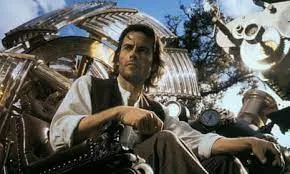
To begin, it is important to consider the butterfly effect. This is a phenomenon in chaos theory, which suggests that even the smallest actions can have far-reaching consequences. The theory is based on the idea that a butterfly flapping its wings in one part of the world could cause a storm in another part of the world. This theory can be applied to human history. Even the most seemingly insignificant actions can have a major impact on the future.
For example, a seemingly minor decision by a government leader could have a huge impact on the future of a country. A single act of aggression could spark a massive war. Alternatively, a decision to improve economic conditions could lead to a period of growth and prosperity. In both cases, the results of a small decision would be felt for years to come.
It is also possible that a single invention or discovery could drastically change the course of history. For instance, the invention of the printing press allowed for the spread of knowledge and ideas. It also paved the way for the Renaissance and the Age of Enlightenment. Similarly, the discovery of penicillin revolutionized medical treatment and saved millions of lives.
Finally, it is important to consider the impact of a single individual. One person can have a monumental impact on the course of history. For instance, Mahatma Gandhi is credited with leading India to independence from the British Empire through peaceful protest. Similarly, Martin Luther King Jr. is remembered for his efforts to promote civil rights and racial equality. Clearly, the actions of one person can have a huge impact on the future.
Small changes can have a major impact on human history. The butterfly effect, decisions by government leaders, inventions, and the actions of a single individual are all examples of how small changes could alter the course of history. Therefore, it is important to consider the potential consequences of our actions, as even a small decision could have far-reaching consequences.
Temporal Paradoxes: How Time Travel Could Create Unintended Consequences
Time travel has long been a staple of science fiction stories, but could it really be possible? Although the possibility has never been proven, some physicists believe that it is possible to travel through time and explore the past and future. While this is an exciting prospect, it also raises some troubling questions. Could time travel create unintended consequences or even paradoxes?
The idea of time travel and its effects have been explored in many works of fiction, such as the classic novel “A Connecticut Yankee in King Arthur’s Court” by Mark Twain, and the popular movie “Back to the Future”. In these stories, characters travel back in time and make changes to the past that have profound effects on the present and future. This type of time travel is known as a “temporal paradox”.
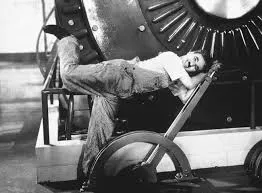
A temporal paradox occurs when an action taken in the past changes the present or future in such a way that the action would have never been taken in the first place. This creates a dilemma, as the action and its consequences must both exist. For example, if a time traveler went back in time to kill his grandfather, he would never have been born, and therefore could not have gone back in time.
Temporal paradoxes can also arise from a phenomenon known as “the bootstrap paradox”. This occurs when a time traveler goes back in time and obtains information or objects that they already had in the present. For instance, if a time traveler went back in time and gained a valuable object, they could bring it back to the present and use it to become wealthy. However, if the object did not exist before the time traveler acquired it, then it could not have been used to become wealthy.
The implications of temporal paradoxes are far-reaching and could have unforeseen consequences. It is possible that a time traveler could alter the past in such a way that their own existence is erased from history. This could lead to a “Grandfather Paradox”, where the time traveler’s existence is erased from the timeline, preventing them from ever being born in the first place.
The potential for temporal paradoxes is one of the many reasons why time travel has not been proven. It is possible that unintended consequences could arise from any action taken in the past, so it is important to consider the implications of time travel carefully. While the possibility of time travel is an exciting prospect, it is important to remember that there are risks involved.
The Butterfly Effect: Examining How an Event in the Past Could Shape Human History
The Butterfly Effect is a popular concept coined by Edward Lorenz in the 1960s. It states that small changes in one state of a system can have drastic and unpredictable consequences in the future. This concept can be applied to many different fields, including economics, finance, and even politics. It also applies to the past—small events in history can have a significant impact on the future of humanity. In this paper, we will explore how a single event from the past could shape the future of human history.
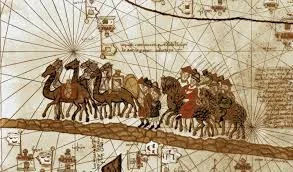
The simplest example of the Butterfly Effect in history is the assassination of Archduke Franz Ferdinand in 1914. This event was the catalyst for the start of World War I, which was one of the most destructive wars in human history. It led to the collapse of four empires, the deaths of over 16 million people, and the creation of new countries in Europe. The war also ushered in a new era of global politics, with the League of Nations and the United Nations created in its aftermath. The effects of the war did not just stop with the end of the war in
It led to a series of political and economic changes that shaped the world for decades to come. For example, the creation of the League of Nations led to the United Nations, which has since become one of the most important global institutions. The war also resulted in the rise of totalitarian regimes in Europe, which in turn led to World War II. This war had even more devastating consequences, with millions of lives lost and the Holocaust occurring.
The effects of World War I can also be seen in the Middle East, where the Sykes-Picot Agreement led to the redrawing of the borders of the region. This agreement created new countries, such as Iraq and Syria, and led to the displacement of many people. It also resulted in the creation of the state of Israel, which has had a profound impact on the region and the world.
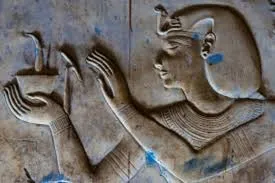






Leave a Reply